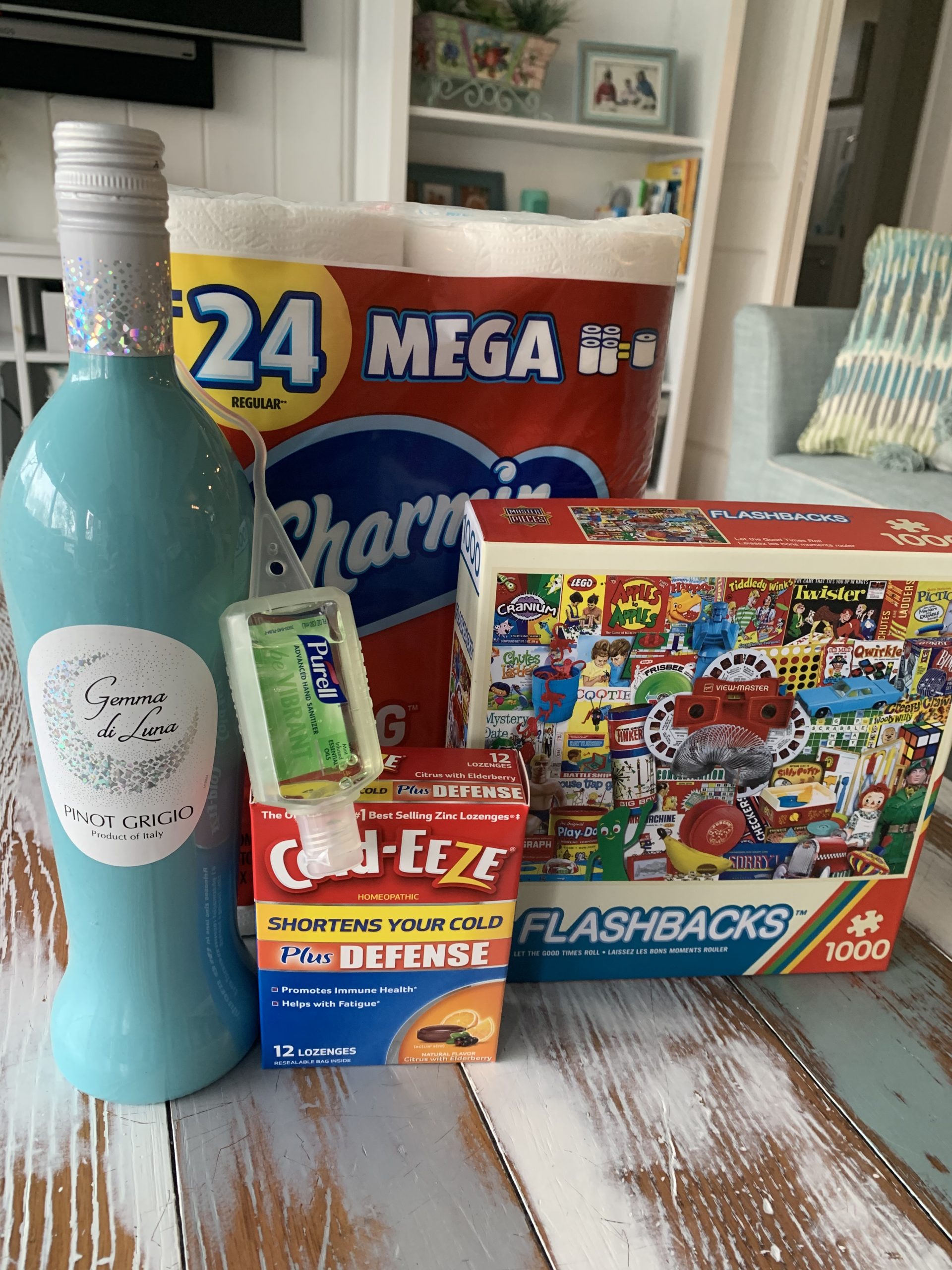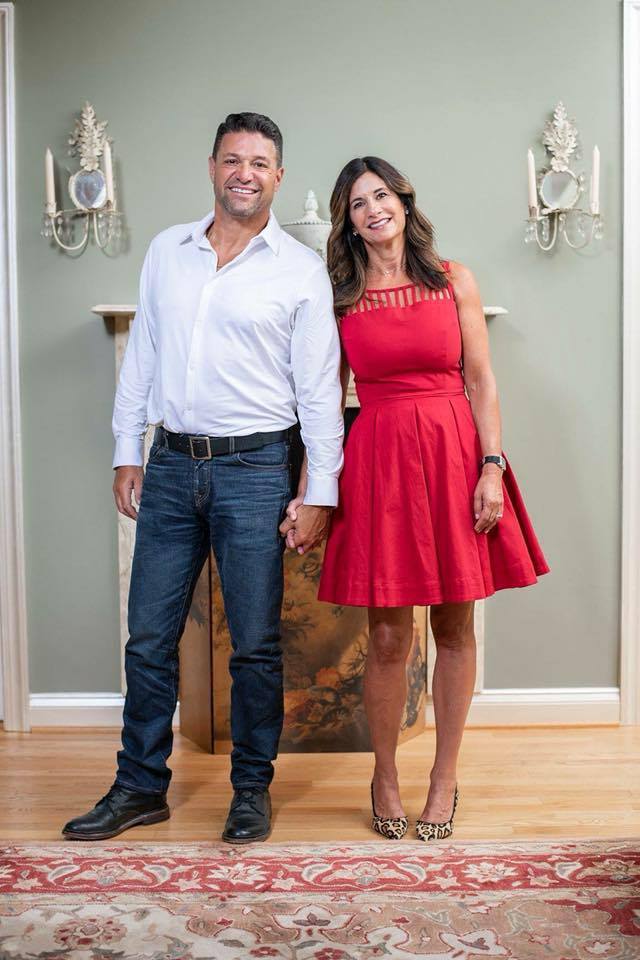Why Toilet Paper?
The last couple weeks has been a difficult time for many. Even the healthiest of people are being told to change their lifestyles and we are being advised to “social distance” ourselves from others. Personally, I fluctuate between being extremely stressed and fearful to feeling calm and believing that everything is going to be fine.
I stopped watching the news the other day, put on my sneakers, queued up a mediation app I have on my phone and made myself walk until I felt better. It took me two 15-minute mediation sessions and I was in a better place.
I spoke to a local nurse yesterday and she confided in me that she was “freaking out a bit.“ She has a ten year old daughter. I told her that I certainly understood where she was coming from and that it was okay to be scared, but that her little girl needed calm and strength from her.
Here are a few suggestions as we all wade through this troubling time:
- Talk to your kids, they know that something unusual is happening.
- Assure your kids that measures are being taken to keep people healthy, remind them of what they can do to contribute and help – wash hands, don’t share drinks with people, don’t pick their nose or suck their thumb.
- Try to get the family outside- fresh air and sunshine are all good for your mental and physical health.
- Read, cook, do puzzles, watch movies and shows.
- Check-in on others, especially the elderly or immune compromised
- Stay connected with friends and family by phone or facetime
So why the run on toilet paper? Does everyone really think they will be running to the bathroom incessantly until this is all said and done?
Of course not, but here is the thing. We are all a little afraid of what this Coronavirus is, we don’t know if we will get it, whether or when things will shut down and if we won’t be able to get what we want or need. The entire situation seems to be spiraling out of control. For most of us, insecurity and anxiety increases as control decreases. One way to be in control is to stock up, to fill our pantries and closets. Toilet paper is the perfect product. It doesn’t go bad. We always need it and – holy moly – what would happen if we ran out?
Lets all practice god hygiene. Get sleep and exercise. Do all you can to keep your body healthy And by all means, go grab up more toilet paper!
Wishing you good health and calmness during this time.
Julie Bulitt is a licensed clinical social worker and family therapist. She and her husband, a divorce lawyer, have been married for more than 33 years. Their new book, THE 5 CORE CONVERSATIONS FOR COUPLES, is available online and a local bookstores. Follow David and Julie at www.thebulitts.com and on all social media platforms @thebulitts.








